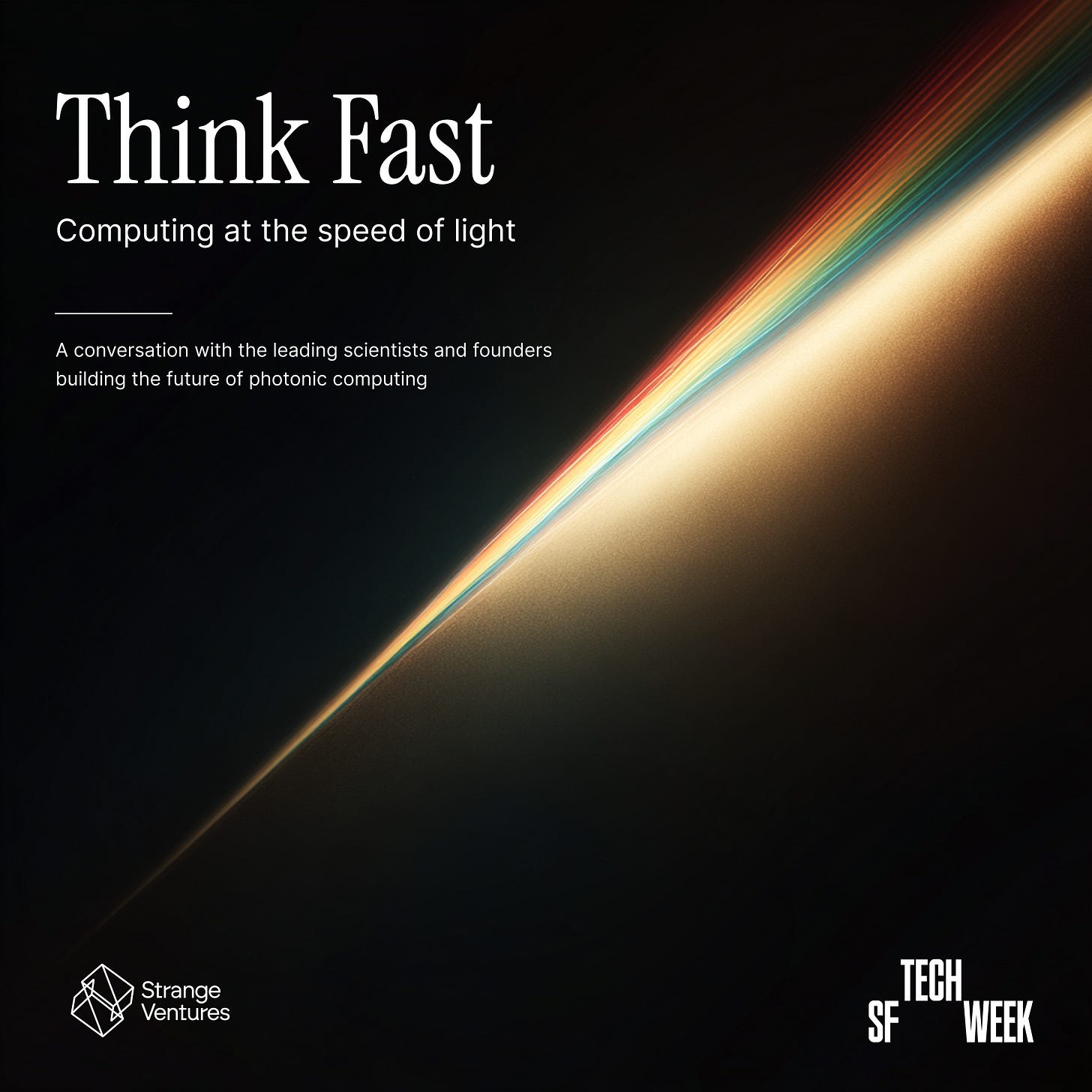[Weekly Review] Agentic Commerce, Sora videos, and what comes next?
Will the world accept one company controlling the thinking machines?
OpenAI dominated headlines this week with two buzzy launches - the collaboration with Stripe enabling the ability to buy and sell within ChatGPT and then, its latest video model, Sora 2, which was accompanied by a Tiktok-like social app filled with bizarre AI-generated, brainrot content.
These were certainly precursors to OpenAI’s annual Dev Day this Monday Oct 6, where they would be expected to drop more announcements.
The spectacle raises a bigger question: what are we actually watching here?
OpenAI will have raised roughly $160 billion by the time this funding cycle closes. That’s beyond venture capital. It’s might be something closer to the moonshot bets that if successful, anchor entire industries. I dug into the story behind Dutch company ASML, which spent 30 years and tens of billions of dollars on extreme ultraviolet lithography, the frontier technology that powers the semiconductor industry. The moonshot bet paid off. ASML has a 100% monopoly on this technology and market.
Could the frontier model race be a similar bet? A decades-long, capital-intensive race to build the infrastructure layer for AI?
Maybe. But the conditions are radically different. ASML succeeded through deep geopolitical alignment. European governments, American chip companies, Asian manufacturers all collaborating because the incentives were clear and stable. The bet was technical, but the environment was cooperative.
Frontier model companies like OpenAI or DeepSeek are operating in the opposite conditions: fracturing geopolitics, models as national security assets, every major power racing to build their own. The AI frontier is fragmenting, not consolidating.
Can a $160 billion bet on AI infrastructure succeed when the entire world is simultaneously trying to not depend on it?
The world might accept one company controlling the chipmaking tools. It might never accept one company controlling the thinking machines.
Field Notes
Join us at SF Tech Week! We’re hosting a panel on the future of photonic computing with leading scientists and founders from PsiQuantum, Hartley Ultrafast, and more.
We’ll dive deep into learning the fundamentals and challenges behind using light for computation, and how that might be the future of computing.
The Download
News that mattered this week
OpenAI debuts Sora 2 with AI video app, API coming soon: The new video model is paired with the launch of a new iOS app simply called Sora, that allows users to insert and edit with AI videos of themselves and their friends alongside them with a new “Cameo” feature. In addition, the company said a Sora application programming interface (API) is in the works that will allow third-party developers to pipe the new Sora 2 model into their own video editing applications.
Mira Murati’s Thinking Machines Lab launched Tinker as its first product, an API for distributed large language model (LLM) fine-tuning that simplifies infrastructure management and provides researchers with greater control over their AI experiments.
Anthropic’s new Claude can code for 30 hours. Anthropic launched Claude Sonnet 4.5 positioning the artificial intelligence model as “the best coding model in the world” in a direct challenge to OpenAI’s recently released GPT-5. More remarkably, Anthropic says Claude Sonnet 4.5 can maintain focus on complex, multi-step tasks for more than 30 hours, a dramatic leap in AI’s ability to handle sustained work.
DeepSeek releases ‘sparse attention’ model that cuts API costs in half: Researchers at DeepSeek released a new experimental model called V3.2-exp, designed to have dramatically lower inference costs when used in long-context operations. The most important feature of the new model is called DeepSeek Sparse Attention, an intricate system that uses a module called a “lightning indexer” to prioritize specific excerpts from the context window. After that, a separate system called a “fine-grained token selection system” chooses specific tokens from within those excerpts to load into the module’s limited attention window. Taken together, they allow the Sparse Attention models to operate over long portions of context with comparatively small server loads.
New AI scientist company founded by ex-OpenAI VPs raises $300m seed round : Periodic Labs, an AI and materials science startup, has launched from stealth with a US$300 million seed round. Founded by Ekin Dogus Cubuk, who led the materials and chemistry team at Google Brain and DeepMind, and Liam Fedus, previously VP of research at OpenAI, the company aims to use AI and robotics to accelerate scientific discovery. Periodic Labs is focused on developing new superconductors and other materials by automating laboratory experiments with AI-driven robots.
Microsoft launches ‘vibe working’ in Excel and Word:Microsoft is launching a new Agent Mode in Excel and Word that can generate complex spreadsheets and documents with just a prompt. A new Office Agent in Copilot chat, powered by Anthropic models, is also launching that can create PowerPoint presentations and Word documents from a “vibe working” chatbot.



